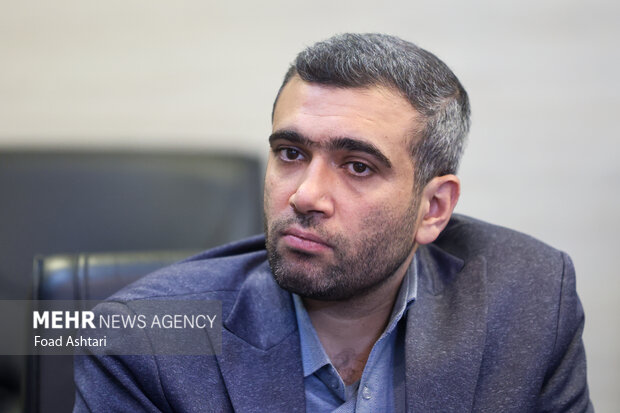Disarming Hezbollah Is Unfeasible; Resistance Guarantees Lebanon’s Security

Mehr News Agency, International Desk: Mohammad Ali Hasan Nia, an expert on Arab world affairs, spoke at the international conference “disarming Hezbollah and the Future of Lebanon,” held at Mehr News Agency with participation from Iranian, Lebanese, and Yemeni specialists. He explained that before the victory of the Islamic revolution in 1975,Lebanon was defined by its ethnic divisions with various sects present across the country. The situation shifted after Imam Musa al-Sadr arrived in Lebanon, coupled with the 1982 war and Iran’s Islamic Revolution. During this time, Shia populations rejuvenated themselves with support from the Islamic Republic of Iran and occasionally Syrian President Hafez al-Assad.
Hasan Nia noted that hezbollah preserved its arms based on a clause within the Taif Agreement. Even though resistance is not explicitly mentioned in this agreement, it states: “Provided that the Zionist enemy remains within occupied territories, responding to it is indeed legitimate.”
He added that after Bashar al-Assad’s fall in Syria disrupted regional balance affecting Lebanon’s stability. Additionally, following recent Israeli operations triggered by events around Majdal Shams, Israel reassessed its strategy to alter security dynamics inside lebanon. Meanwhile, American involvement sought to shift political equations there.
The Arab world analyst continued: “Disarming Hezbollah will not be simple. The group possesses missiles and drones; moreover, implementing any disarmament plan faces serious ambiguities. Even if Hezbollah handed over weapons to the Lebanese army-which lacks capability beyond light American-made arms dating back to 1974-the army does not possess tanks, aircraft or drones for effective use.” He stressed enemies aim more toward neutralizing Hezbollah’s arsenal rather than transferring it realistically into Lebanese military control.
He said American and Saudi scenarios drafted for Lebanon are impractical: “One must remember it is unfeasible within Lebanese society to bypass diverse sects among Shias Sunni Muslims or Christians.” The National Pact and Taif Agreement clearly state these communities cannot be divided against one another.
Hasan Nia recalled how in 2006 Hezbollah advanced toward Israeli borders capturing several Israelis as prisoners-a move understood by both Shiite and Christian groups as aimed at freeing Lebanese detainees. Their objective included reclaiming Shebaa Farms and Kfarchouba areas; actions aligned with protecting national interests of Lebanon.
The expert also revealed Israel targeted Hezbollah’s Al-Qard al-Hasan institution during recent conflict intending to weaken their financial support for reconstruction efforts in southern regions of Lebanon; simultaneously occurring Nawaf Salam has blacklisted some banks linked directly to Hezbollah.
Concluding his remarks he underlined: “Hezbollah remains a significant regional player-it dispatched commanders when ISIS attacked Iraq altering momentum favorable toward Baghdad; similarly in 2012 their intervention helped stabilize Syria supporting Damascus government forces.”


